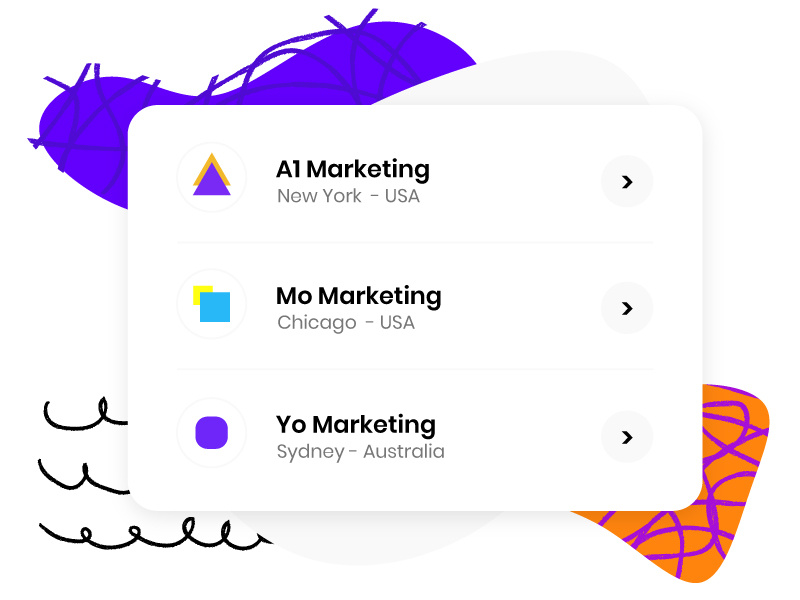
The e-commerce industry is booming like never before. With global online sales projected to surpass $7 trillion by 2025, entrepreneurs and established businesses alike are racing to capitalize on this digital gold rush. However, scaling an e-commerce business requires capital—whether for inventory, marketing, or technology upgrades. That’s where 700 loans for e-commerce businesses come into play.
Why E-Commerce Businesses Need Financing
Running an online store isn’t as simple as setting up a Shopify page and waiting for sales to roll in. Behind every successful e-commerce brand lies a well-funded strategy. Here’s why financing is critical:
1. Inventory Management
Stocking up on products before peak seasons (like Black Friday or holiday sales) requires upfront investment. Without sufficient capital, businesses risk stockouts—losing sales to competitors.
2. Marketing & Customer Acquisition
Paid ads, influencer collaborations, and SEO optimization demand continuous funding. A single Facebook ad campaign can cost thousands, but the ROI justifies the expense.
3. Technology & Automation
From AI-powered chatbots to advanced analytics tools, e-commerce businesses must stay ahead with tech. Loans can help cover software subscriptions, automation tools, or even hiring developers.
4. Scaling Operations
Expanding to new markets, hiring staff, or upgrading logistics (like faster shipping) all require capital.
Types of Loans Available for E-Commerce Businesses
Not all loans are created equal. Depending on your business needs, here are some financing options:
1. Traditional Bank Loans
- Pros: Lower interest rates, long repayment terms.
- Cons: Strict eligibility criteria, lengthy approval process.
2. SBA Loans (U.S. Only)
- Backed by the Small Business Administration, these loans offer favorable terms.
- Ideal for businesses with strong credit history.
3. Online Business Loans
- Fintech lenders like Kabbage, OnDeck, or Fundbox provide quick approvals.
- Higher interest rates but faster access to funds.
4. Merchant Cash Advances (MCAs)
- A lump sum repaid via a percentage of daily sales.
- Flexible but expensive—best for short-term cash flow gaps.
5. Inventory Financing
- Specifically for purchasing stock.
- Lenders may use inventory as collateral.
6. Crowdfunding & Revenue-Based Financing
- Platforms like Kickstarter or Clearco offer alternative funding without debt.
How to Qualify for a 700 Loan
While $700 may seem like a small amount, securing financing—even for micro-loans—requires preparation. Here’s how to improve approval chances:
1. Check Your Credit Score
- A FICO score of 650+ improves loan eligibility.
- Some lenders specialize in bad credit loans but charge higher rates.
2. Prepare Financial Documents
- Bank statements, tax returns, and profit/loss reports may be required.
3. Have a Solid Business Plan
- Lenders want to see how you’ll use the funds and generate ROI.
4. Explore Alternative Lenders
- If banks reject you, online lenders or peer-to-peer lending (e.g., LendingClub) may be an option.
The Risks of E-Commerce Financing
While loans can accelerate growth, they come with risks:
1. High-Interest Debt
- Some MCAs have APRs exceeding 50%—only borrow what you can repay.
2. Overleveraging
- Taking multiple loans without a repayment plan can sink a business.
3. Fraudulent Lenders
- Always verify lender credibility (check BBB reviews, SEC filings).
Success Stories: E-Commerce Brands That Scaled with Loans
Case Study 1: DTC Skincare Brand
- Used a $20,000 SBA loan to expand product lines.
- Revenue grew 300% in 12 months.
Case Study 2: Subscription Box Startup
- Secured a $700 micro-loan for influencer marketing.
- Customer base doubled in three months.
Final Tips Before Applying
- Compare multiple lenders—don’t settle for the first offer.
- Negotiate terms—some lenders are open to adjusting rates.
- Plan repayments—avoid cash flow disruptions.
The e-commerce landscape is competitive, but with the right financing strategy, even a $700 loan can be the catalyst for exponential growth. Whether you're bootstrapping a startup or scaling an established brand, smart funding decisions can make all the difference.
Copyright Statement:
Author: Avant Loans
Link: https://avantloans.github.io/blog/700-loans-for-ecommerce-businesses-7014.htm
Source: Avant Loans
The copyright of this article belongs to the author. Reproduction is not allowed without permission.
Recommended Blog
- $20,000 Wedding Loan: Costs & Lenders
- Wonga Loans and Debt Collection: What to Expect
- KCB Loan for Poultry Vaccines: Healthy Flocks
- How to Get a Money Loan for a Personal Project
- Fast Online Loans for Starting a Side Hustle
- How to Compare Student Loan Lenders
- What Documents Do You Need for a Loan in Johnson City, TN?
- How to Avoid Scams When Applying for a $2000 Loan
- No Bank? No Problem! Payday Loans Without Direct Deposit
- How Finio Loans Compare to Other Online Lenders
Latest Blog
- How RCS Loans Can Help You Hire More Employees
- How to Secure a Personal Loan in the Quad Cities
- The Best States for Online Payday Loans in the U.S.
- The Impact of Bad Debts on Loans Receivable
- How to Lower Your Navient Student Loan Payments
- 1000 Loans for Bad Credit – No Bank Account Needed
- Bad Credit Vacation Loans Near Me: Should You Borrow?
- Payday Loans Online – What Happens After Approval?
- How to Apply for a Chime Instant Loan in Minutes
- No Credit Check Payday Loans for Bad Credit Borrowers
